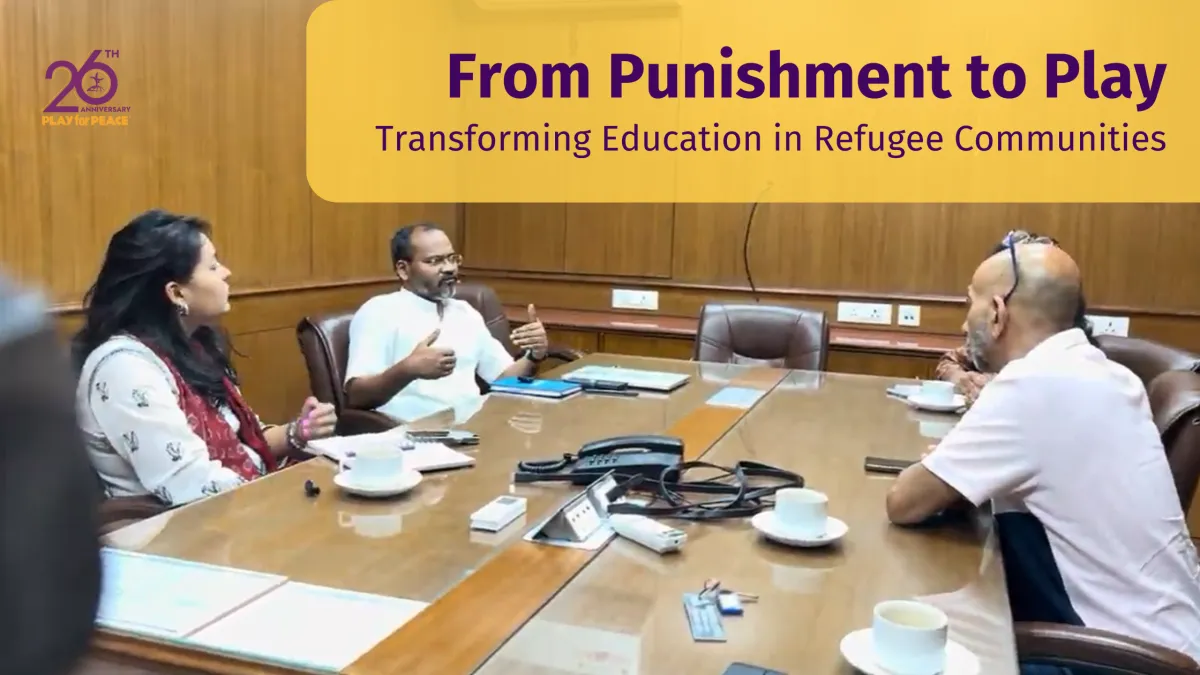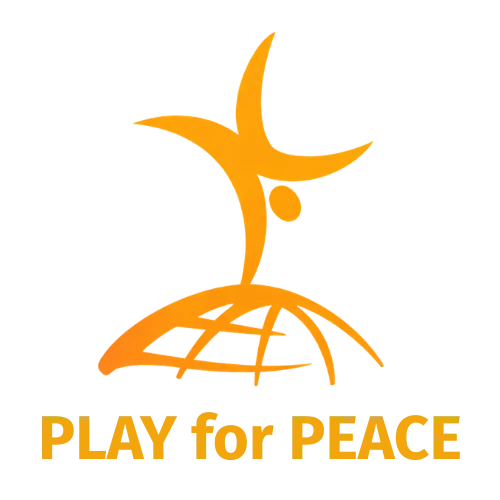
Transforming Education in Refugee Communities
In classrooms across India and Afghanistan, where children often carry the invisible weight of war and displacement, something powerful is unfolding. Thanks to Play for Peace, schools once rooted in discipline and punishment are becoming spaces of joy, healing, and discovery.
Shifting from Fear to Compassion
When Father Stephen first encountered Play for Peace, he was struck by how simple games could change the entire atmosphere of a classroom. Traditionally, education in these refugee communities relied heavily on discipline—even physical punishment. But Play for Peace showed a different path: one where laughter, movement, and connection could inspire learning more effectively than fear ever could.
“It was like a light turned on. The children weren’t afraid anymore—they were curious, engaged, and alive,” Father Stephen recalls.
Healing Through Play
The transformation went beyond education. Many of the children carried deep emotional scars from conflict, family separation, and displacement. Standard teaching methods couldn’t reach that pain—but play could. Through Play for Peace activities, children began to express themselves, release stress, and rebuild confidence.
One teacher reflected that even children who rarely spoke began smiling and participating during Play for Peace sessions. Parents noticed too—sharing that their children were calmer, happier, and more connected at home.
Building Safe Spaces in Hard Places
For refugee communities, safe spaces are rare. Play for Peace created more than games; it created moments of belonging. Children learned teamwork, compassion, and respect. Teachers discovered new ways to manage classrooms without fear. And schools slowly shifted from places of stress to centers of growth and hope.
“We saw children who once avoided school now running toward it,” Father Stephen shared.
Looking Ahead
The impact is undeniable: Play for Peace is not only changing how children learn, but also how communities heal. What started with a few games has grown into a movement, planting seeds of compassion and resilience where they’re needed most.
As Father Stephen and educators across India and Afghanistan continue this journey, Play for Peace remains committed to supporting them—because every child deserves more than survival. They deserve joy, connection, and the chance to play.





